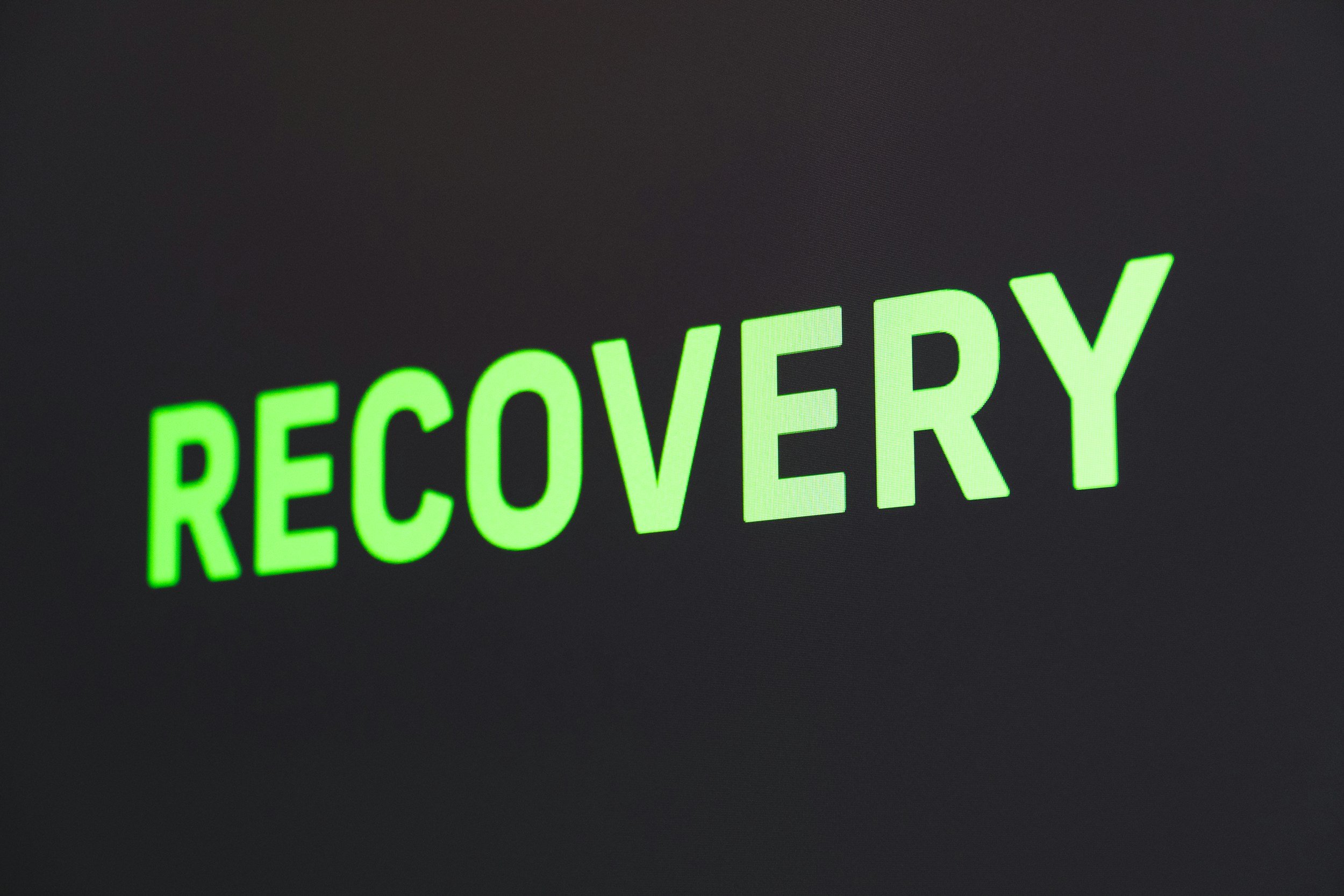Blog

Loving Someone with Cocaine and Alcohol Addiction: A Message to the Spouse
If you’re married to someone battling cocaine and alcohol addiction, you already know the chaos it brings. The lies. The broken promises. The emotional rollercoaster. You’ve likely asked yourself, “How much more can I take?” And that’s not weakness—it’s wisdom.
Addiction is a disease, but it’s also a tornado. It doesn’t just destroy the person using—it pulls in everyone around them. As an addiction specialist, I’ve worked with countless spouses who are torn between love and survival. This blog is for you.

Cocaine Abuse: How It Hijacks the Brain—and How You Can Reclaim Your Life
Cocaine is seductive. It promises energy, confidence, and euphoria—but what it delivers over time is devastation. As an addiction specialist, I’ve seen how cocaine abuse rewires the brain, erodes emotional stability, and traps people in a cycle of craving and regret. But I’ve also seen something else: recovery. Real, lasting, life-changing recovery.
If you or someone you love is struggling with cocaine addiction, know this—healing is possible. The brain can recover. The spirit can reignite. And life can flourish again.

When Alcohol Meets Cocaine: Understanding the Double-Edged Danger
In the world of substance abuse, few combinations are as volatile—and as common—as alcohol and cocaine. On their own, each substance carries serious risks. Together, they create a chemical cocktail that’s not only dangerous but deeply deceptive. As an addiction specialist, I’ve worked with countless individuals caught in this dual trap. The good news? Recovery is possible. But first, we need to understand the nature of the beast.

Slip, Not Spiral: Reclaiming Recovery After Cocaine Use
You were doing well. You had days, maybe weeks or months of sobriety behind you. Then—out of nowhere or maybe after a slow build—you used cocaine again. That moment can feel like a punch to the gut. But here’s the truth: a slip doesn’t erase your progress, and it doesn’t define your future. What matters most is what you do next.

Holding a Loved One Accountable in Sobriety: A Guide for Supportive Allies
As an addiction specialist, I understand the critical role that loved ones play in the recovery journey of individuals struggling with substance use disorders (SUD) and behavioural addictions. Accountability is a key factor in maintaining sobriety and preventing relapse. While it is essential to approach this responsibility with compassion and empathy, holding an addict accountable requires clear boundaries, consistent support, and constructive strategies. In this blog, we will explore how loved ones can effectively support and hold an individual accountable in their sobriety.

The Dangers of Benzodiazepines: A Comprehensive Overview
As an addiction specialist, I have seen the profound impact that benzodiazepines can have on individuals' lives. Benzodiazepines, commonly known as "benzos," are a class of medications often prescribed for anxiety, insomnia, and other conditions. While they can be effective for short-term use, their potential for abuse, dependence, and serious health risks cannot be overlooked. In this blog, we will explore the dangers of benzodiazepines and why it is crucial to approach their use with caution.

The Hidden Dangers of Cocaine Abuse: A Specialist's Perspective
Cocaine, a powerful stimulant derived from the coca plant, has long been associated with euphoria and heightened alertness. However, beneath its seemingly alluring effects lies a dark reality that can wreak havoc on one's overall health. As an addiction specialist, I have witnessed firsthand the devastating impact of cocaine abuse on individuals and their loved ones. In this blog, we will explore the multifaceted effects of cocaine abuse on physical, mental, and social well-being.

Relapse Prevention Plan: Your Path to Lasting Recovery
Leaving a treatment facility can feel like a major milestone in your journey to recovery. You've worked hard to break free from the grip of addiction, and now you’re stepping into the world anew. But with this newfound freedom comes responsibility, and one of the most important steps you can take is to create a solid relapse prevention plan. Here’s how to make sure your recovery stays on track.

The Benefits of Floatation Therapy in Treating Substance Use Disorders and Behavioural Addictions
What is Floatation Therapy?
Floatation therapy involves lying in a float tank filled with water and Epsom salts (magnesium sulfate). The high concentration of salt in the water creates buoyancy, allowing the body to float effortlessly on the surface. The tank is often soundproof and dark, removing external stimuli and helping individuals disconnect from the chaos of daily life. This controlled sensory deprivation allows the brain to enter a deeply meditative state, which can be transformative for both physical and emotional well-being.

The Vital Role of Physical Fitness in Addiction Recovery
As an addiction specialist, I have seen the transformative power of physical fitness in the recovery process. Physical activity is not only essential for overall health, but it also plays a critical role in supporting individuals as they navigate their journey to sobriety. In this blog, we will explore the importance of physical fitness when recovering from addiction and how it can contribute to a more successful and sustainable recovery.

Understanding Chronic Marijuana Use: A Specialist's Perspective on Short- and Long-Term Effects
Marijuana, also known as cannabis, has become increasingly popular and widely accepted in many parts of the world. However, it's important to understand that chronic, long-term use of marijuana can have significant and far-reaching effects on both physical and mental health. As an addiction specialist, I want to shed light on the potential consequences of chronic marijuana use, highlighting both the short-term and long-term effects.

Facing Resentments in Sobriety: A Specialist's Guide to Emotional Healing
Sobering up and overcoming addictive behaviours is a significant achievement, but it's often just the beginning of a journey towards emotional healing and personal growth. One of the challenges that many individuals face during this process is dealing with deep-seated resentments. Resentments can fester and hinder recovery, making it crucial to address and resolve them for long-term sobriety and well-being. As an addiction specialist, I offer some insights and strategies for facing and overcoming resentments once you begin your path to recovery.

The Cost of a Dangerous Experiment: The Consequences of Trying Cocaine
When someone tries cocaine for the first time, they may experience a rush of euphoria, increased energy, and heightened alertness. These effects are caused by a surge of dopamine in the brain, which creates a feeling of intense pleasure. However, this euphoria is short-lived and is often followed by a crash that includes feelings of agitation, paranoia, and fatigue. The intensity and duration of these effects can vary depending on the method of use, the dosage, and the individual's tolerance.
